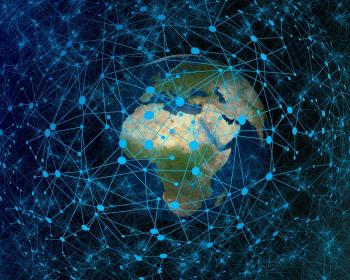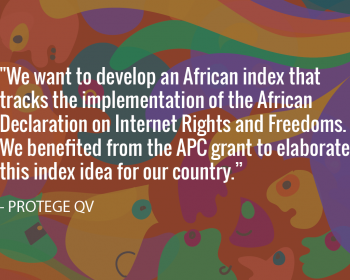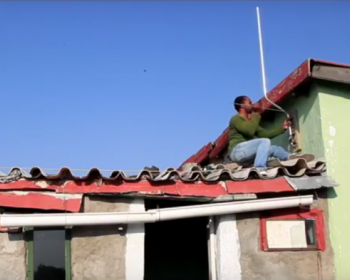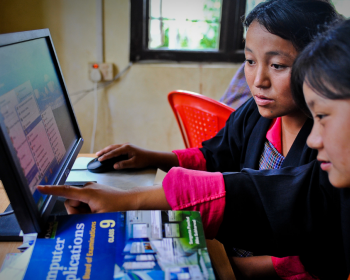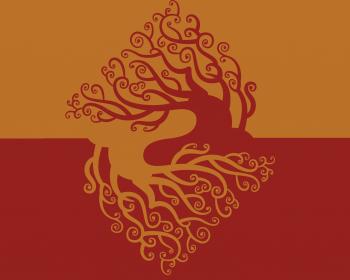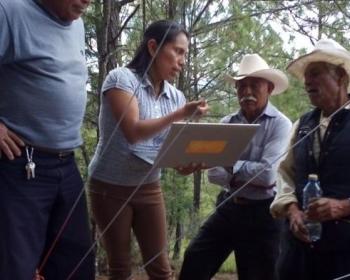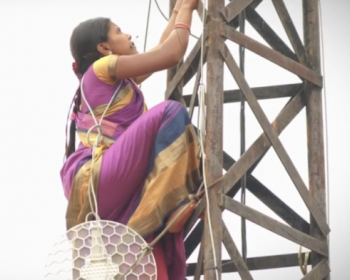ICT policy
Four African digital rights-centred networks have committed to increasing collaboration for the consolidation of their work and avoidance of duplication of activities while ensuring the full attainment and protection of digital rights at national, regional and global levels.
The undersigned human rights and digital rights organisations urge Google to immediately halt its plan to establish a new Google Cloud region in Saudi Arabia until the company can publicly demonstrate how it will mitigate adverse human rights impacts.
How are APC members improving their communities’ lives? APC subgranting has empowered Cameroon's PROTEGE QV to contribute to the development of the African Declaration on Internet Rights and Freedoms, amplifying digital rights advocacy efforts across the continent.
Welcome to the 35th monthly round-up of developments impacting your local access networks.
How are APC members improving their communities' lives? Find out how Zenzeleni Community Networks has been growing its capacity to provide internet access while building a local source of income alongside community members in South Africa’s Eastern Cape province.
We call on governments, industry, multilateral institutions, civil society and international financial institutions to close the digital divide by putting people at the centre of our approach to achieving meaningful connectivity for everyone.
The new edition of GISWatch on "Technology, the environment and a sustainable world: Responses from the global South" is launching! Be sure to save the date – 22 April – and join us as we explore the constructive role that technology can play in confronting environmental and climate crises.
Welcome to the 34th monthly round-up of developments impacting your local access networks.
Welcome to the 33rd monthly round-up of developments impacting your local access networks.
Welcome to the 32sd monthly round-up of developments impacting your local access networks.

Association for Progressive Communications (APC) 2022
Unless otherwise stated, content on the APC website is licensed under Creative Commons Attribution 4.0 International (CC BY 4.0)



